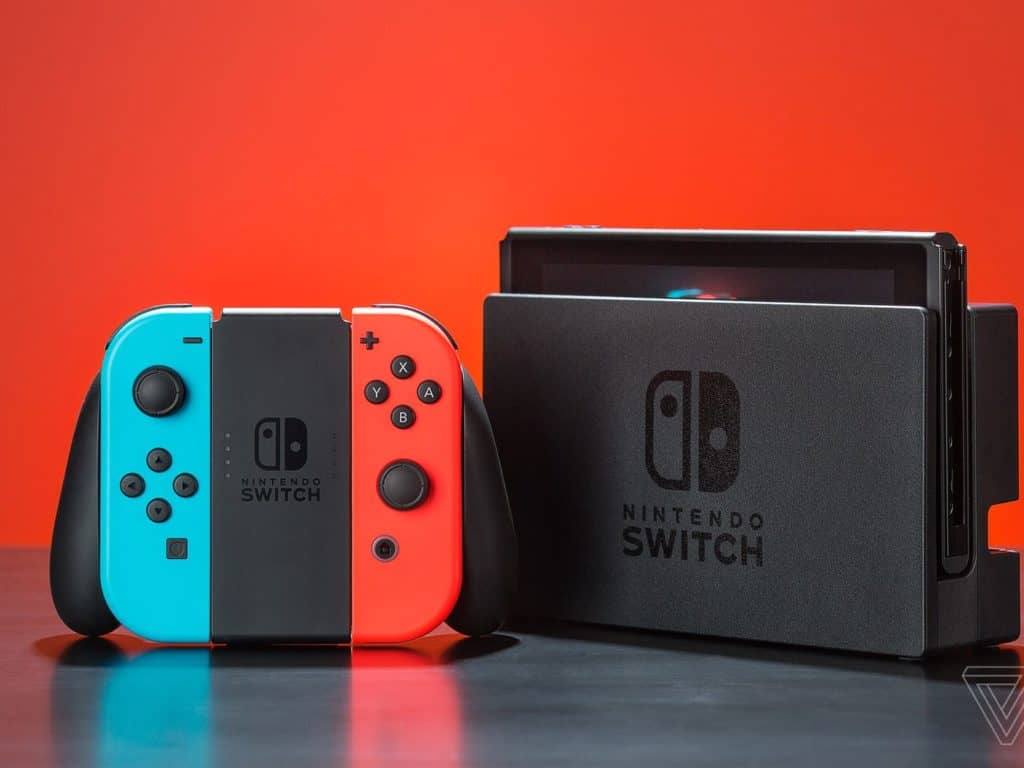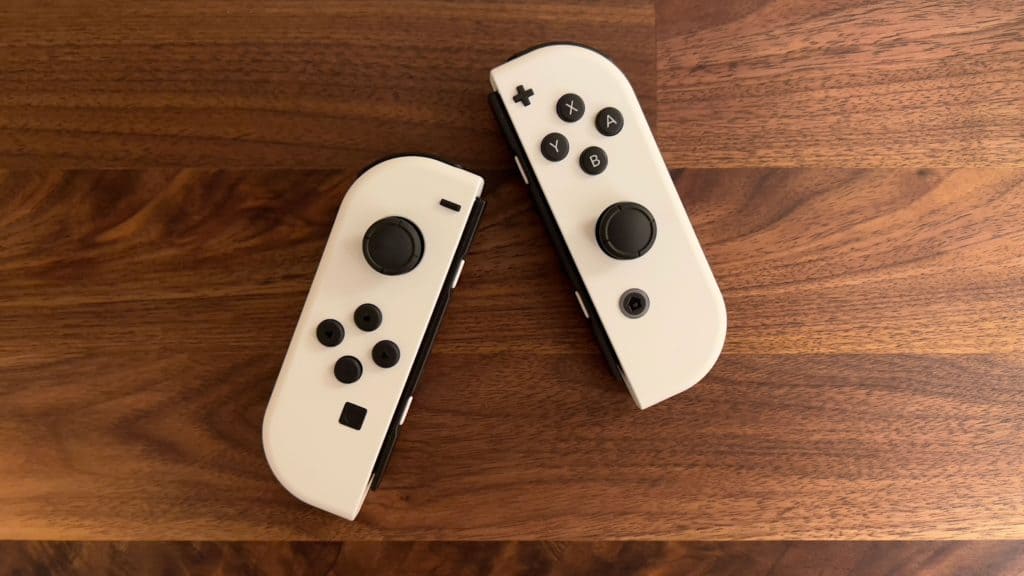A class-action lawsuit filed over three years ago against Nintendo for the Nintendo Switch Joy-Cons’ notorious “drifting” problem has ended in the gaming company’s favour. The suit has been dismissed by a US judge on the basis that the Nintendo Switch users all signed EULAs which disallow lawsuits, which is somehow a clause that companies are allowed to enforce. Looks like we will have to be satisfied with the formal apology offered by Nintendo back in 2020.

As per the outcome to the lawsuit against Nintendo of America, it is stated that “at set-up, Nintendo required consent to an End User License Agreement (EULA), which contained arbitration and forum-selection clauses.” In essence, anyone who sets up their Switch for the first time must consent to the EULA, which contains a clause where users consent to enter arbitration (i.e. pursuing a private resolution instead of going to the courtroom to settle disputes).
The plaintiffs made another argument in their suit, which is that their children who have experienced the drift with their Switches are minors, and thus cannot consent to a legal agreement like that. In response, the judge determined that, as the children received the consoles as gifts and did not buy them with their own money, “they are not the ones who suffered injury due to unfair competition or false advertising — their parents suffered that injury, if any injury there be.” As such, the children have no grounds to sue in this case, only their parents do.

The issue of Joy-Con drift was found to originate from a fundamental design flaw in how the Joy-Cons are constructed, following a review by UK consumer group Which?. The Joy-Con’s plastic circuit boards demonstrated noticeable wear on the joystick slider contact points even after only a few months of use. The controllers were also not sufficiently dustproof, with dust and other contaminants infiltrating the inside of the Joy-Cons. This issue has allegedly persisted even with the upgraded Nintendo Switch OLED models. Even the Nintendo Switch Lite model, which doesn’t have detachable Joy-Cons to begin with, has demonstrated drifting problems as well.
This isn’t a great outcome from a consumer rights standpoint. It would have been interesting to see how a similar lawsuit would have gone in a country like Australia, with far stronger consumer protection laws. Nintendo is known for coming out on top in the courtroom, having won a massive judgement against a ROM distribution website a few years ago. At least the publicity caused by the class-action lawsuit is probably what pressured Nintendo into publicly acknowledging the Joy-Con drift problem in the first place, and offering free repairs for those impacted.





